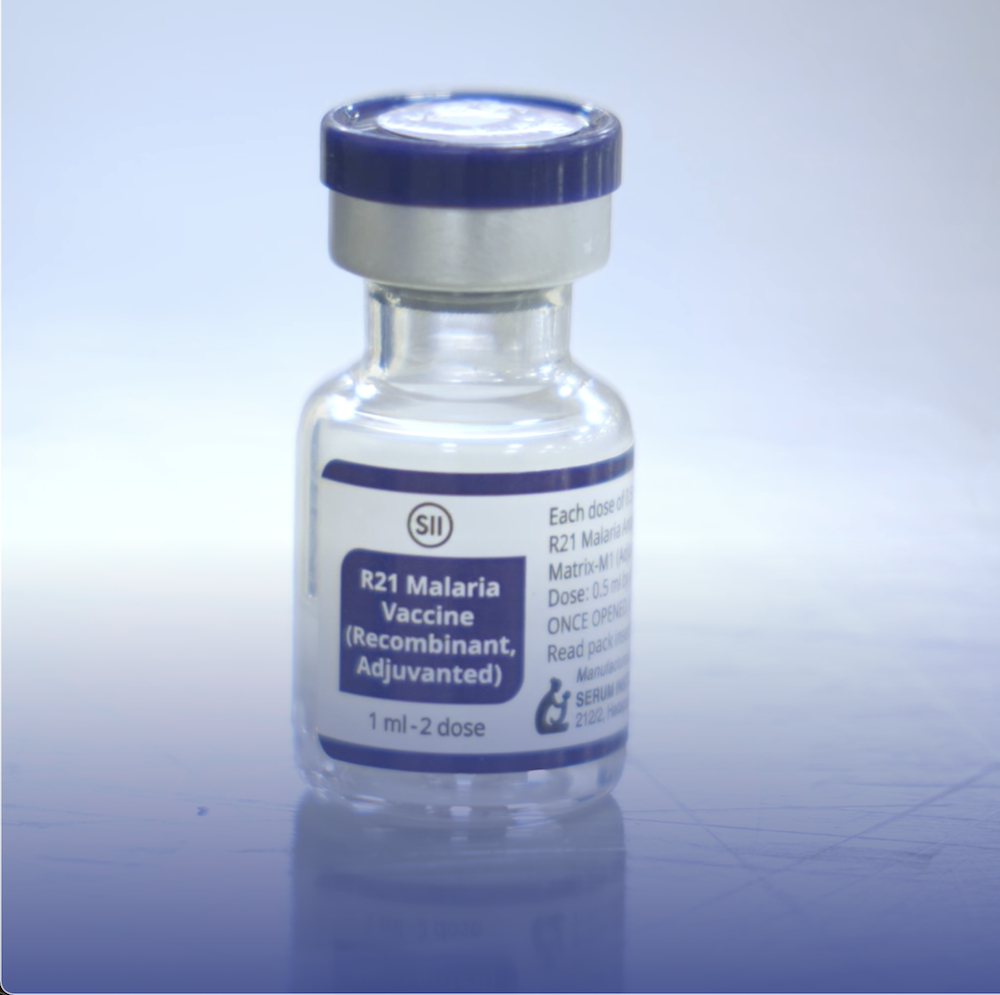An Insight into Self-medication and drug abuse among students


In lecture halls, hostels, and the quiet corners of our university, a significant crisis is unfolding—one not marked by failing grades, but by deteriorating health. Today’s students have increasingly resorted to self-diagnosis and medication, often without recognising the potential dangers involved. Whether it’s popping a pill or downing an energy drink to power through late-night study sessions, taking something to suppress a persistent cough, seeking relief from emotional stress, or simply relying on painkillers for frequent headaches, the trend of self-medication is becoming alarmingly prevalent among our youth.
Self-medication refers to the practice of taking substances such as drugs, supplements, or home remedies to address both minor and major medical symptoms without consulting a doctor. Typically, individuals use these substances to alleviate self-identified illnesses or symptoms.
Commonly misused substances encompass a variety of medications and drinks that can lead to adverse effects when taken improperly. These include analgesics (Pain relievers) such as Paracetamol and aspirin, antipyretics (fever reducers), cough syrups, antibiotics, antimalarial drugs, caffeinated beverages and energy drinks. E.g. Fearless and Predator, and sleeping pills.
Reasons for Self-Medication Among Students
- Convenience and Accessibility: A primary factor contributing to self-medication among students is the ease of access to various pharmaceutical substances. Many commonly used medications, such as analgesics and over-the-counter remedies, are readily available at local pharmacies or convenience stores. This ready availability, combined with the positive reinforcement experienced from prior usage—where personal relief from symptoms leads to repeated use—creates a prevalent tendency among students to opt for self-medication over consulting healthcare professionals. A student commented, “I do it because of easy access to the drugs, they seem effective too. It’s difficult to see a doctor these days.”
- Influence from Home: The familial environment has a significant impact on students’ health-seeking behaviours. In many Nigerian households, parents often use specific medications to address particular health concerns, instilling in their children the belief that similar approaches are appropriate for managing ailments. As a result, commonly misused substances, such as paracetamol, cough syrups, and anti-malaria drugs, are frequently purchased and administered without prior medical consultation. This practice normalises self-medication and may lead to harmful patterns of drug use.
- Academic Pressure: The rigorous academic demands placed upon students often create an environment of heightened stress and fatigue. To combat these challenges, students may resort to stimulants such as caffeinated and energy drinks to sustain their energy levels, enhance focus, and prolong their study sessions, particularly during examinations. Furthermore, to address stress-induced ailments such as headaches or fatigue, they may use analgesics like paracetamol as a temporary solution, prioritising immediate symptom relief over long-term health considerations.
- Time Constraints: While students may have access to healthcare providers, the perceived burdensome nature of the medical consultation process can deter them from seeking professional help. The steps involved—including scheduling appointments, undergoing necessary diagnostic tests, receiving prescriptions, and procuring medications—can be time-consuming and cumbersome. Consequently, students may view self-medication as a more efficient alternative, despite the potential risks associated with bypassing professional medical advice.
- Lack of Awareness: A significant barrier to the responsible use of medications among students is a general lack of awareness regarding the potential risks and side effects associated with the continuous and indiscriminate use of pharmaceuticals, often regarded as benign. This lack of understanding can lead to the incorrect assumption that minor health concerns, such as headaches or mild discomforts, do not warrant consultation with a medical professional. As a result, many students fail to recognise the importance of professional guidance in managing their health effectively.
An erroneous belief is that substance abuse and misuse are solely associated with psychoactive drugs, such as marijuana and narcotics. As a result, they often overlook the widespread use of over-the-counter medications, prescription drugs, and caffeinated beverages, which can pose an even greater risk. It is concerning that students frequently keep a supply of these drugs on hand for issues like headaches, colds, or fevers, without seeking a doctor’s advice or undergoing any diagnostic tests. It’s only when the persistent use of these substances fails to provide relief that they seek help. While it’s true that substances like cocaine, heroin, and alcohol are incredibly dangerous, it’s vital to understand that over-the-counter and prescription medications, including opioid painkillers, can also lead to addiction. That “self-medication saves time and money.” is also untrue. The immediate benefits of self-medication are trivial when compared to the potential costs of dealing with side effects and long-term repercussions.
The Dangers
- Addiction and Drug Dependency: It is important to recognise that not every headache necessitates the use of paracetamol or other pain-relief medications. Regularly turning to these substances can create a psychological and physical dependence, compelling individuals to seek out these drugs more often for recurring symptoms. Over time, they may find that they require increasingly higher doses to achieve the same alleviation of pain or discomfort, thus putting themselves at risk of developing tolerance and potential health complications associated with long-term use.
- Dental Issues: The frequent consumption of energy drinks and sugary carbonated beverages, often used as quick stress relievers, can have detrimental effects on oral health. These drinks contain high levels of acidity and sugar, which can lead to tooth decay, enamel erosion, and other serious dental issues. Poor dental hygiene, compounded by these habits, can result in more severe consequences, including gum disease and eventual tooth loss.
- Academic Issues: The reliance on stimulants like caffeine to cope with stress can impair academic performance significantly. Not only does it lead to missed classes due to increased anxiety or health issues, but it can also hinder concentration and diminish overall productivity. Furthermore, the negative effects of caffeine can disrupt sleep patterns, resulting in inadequate sleep quality and duration. This lack of restorative rest can exacerbate cognitive impairments, ultimately impacting learning and retention of information in an academic setting.
Recommendations and Solutions
- Regulation of Dispensing Practices: It is essential to implement regulations governing both prescription and non-prescription medication dispensing to ensure safety and efficacy in pharmaceutical practices.
- Awareness Programs and Medical Counselling: Establishing awareness initiatives and offering medical counselling sessions can help consumers become more responsible towards the use of medicines.
- Promotion of Healthier Alternatives: Educating individuals about healthier lifestyle choices and the significance of regular medical check-ups can encourage proactive health management and prevention strategies.
- Self-Care Practices: Encouraging self-care routines that include regular exercise, meditation, and sufficient sleep can contribute positively to overall well-being and resilience against health challenges.
Conclusion
In a world where pressure mounts and expectations soar, students are seeking solutions: pills for pain, stimulants for stress, and medication for overwhelming moments. What starts as a quick fix can evolve into a hidden challenge, concealed behind over-the-counter boxes and borrowed prescriptions.
While self-medication may offer temporary relief, it often obscures the deeper issues of stress, burnout, and isolation that truly need attention and care. The rising reliance on stimulants, the convenience of accessing medications without prescriptions, and the casual overuse of drugs highlight a pressing concern that demands our awareness.
Ultimately, it’s not the grades, the deadlines, or the expectations that shape a student’s future; it’s their capacity to nurture their well-being through it all.


